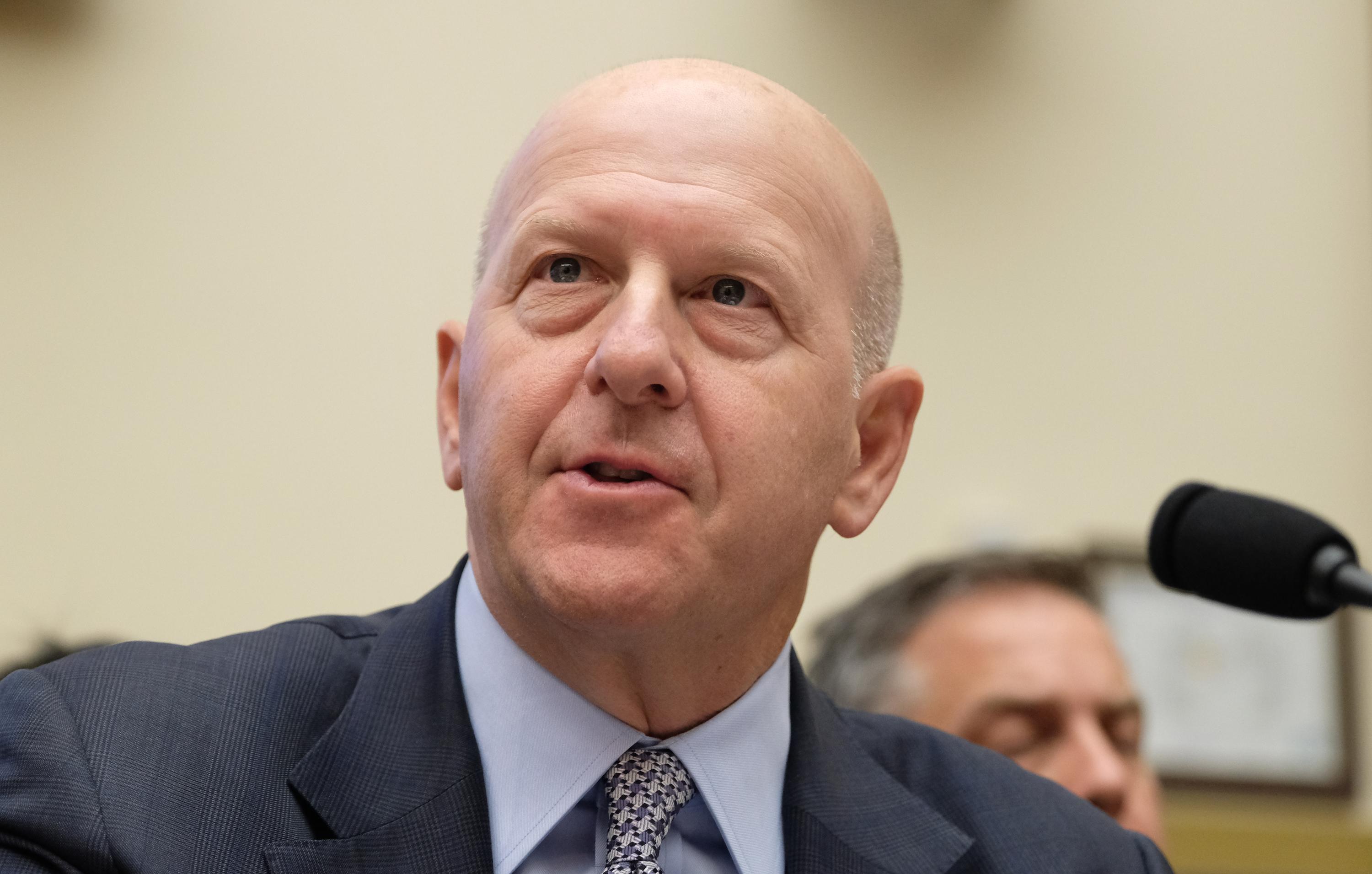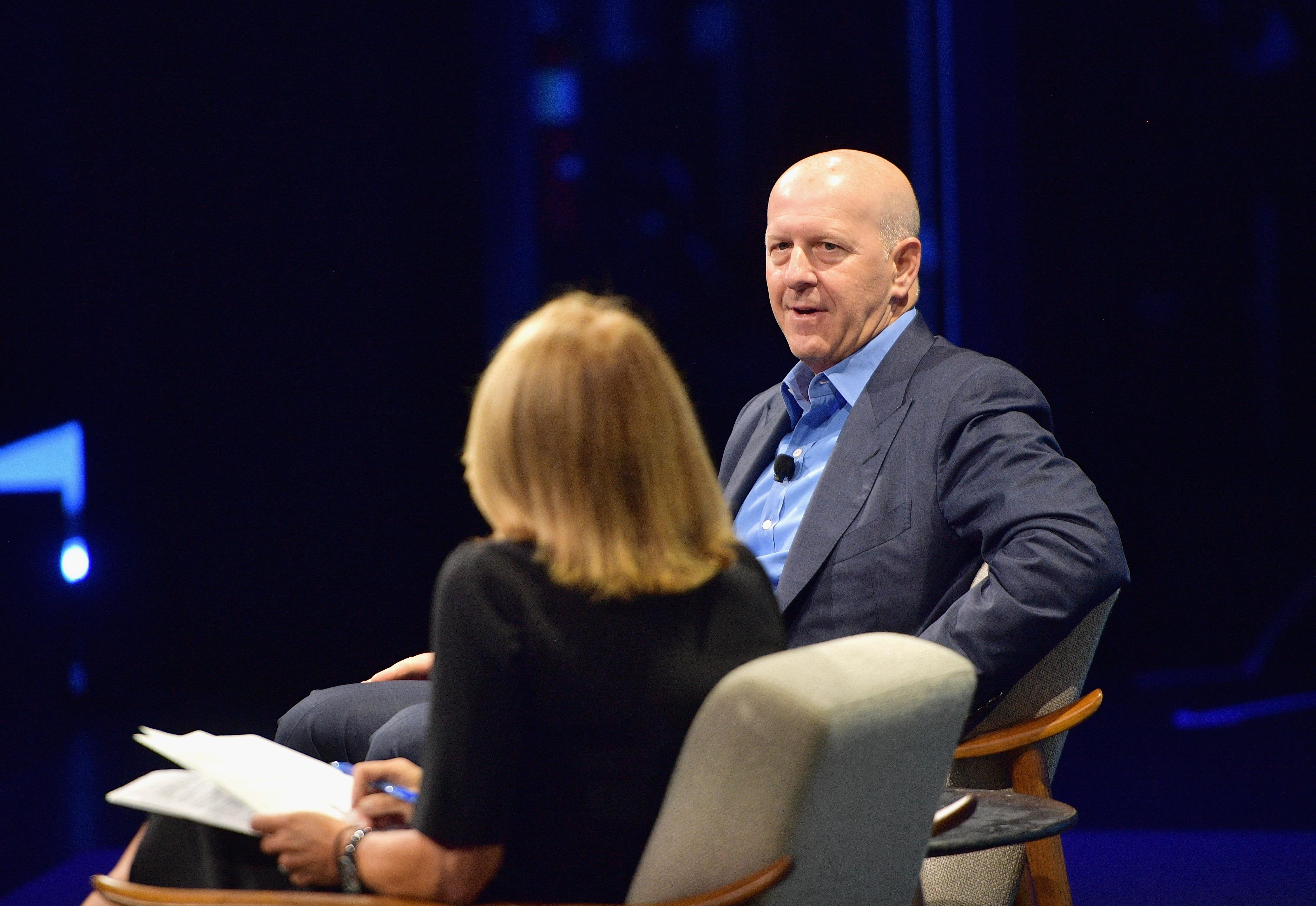David Solomon Net Worth: What Shapes A Leader's Financial Standing
When people consider influential figures in finance, the name David Solomon often comes to mind, and with that, a natural curiosity about his financial standing, his net worth. It's a topic that many find interesting, perhaps because it gives a glimpse into the rewards of leadership at a very high level. This kind of inquiry, you know, often comes from a place of wanting to understand the scale of success in the corporate world.
Understanding what goes into the financial picture of someone like David Solomon means looking at more than just a single number. It involves considering various elements that contribute to wealth accumulation over time. We're talking about, like, compensation structures, investments, and even the general market environment.
So, this piece will explore the factors that shape David Solomon's financial position, offering a view into how such significant wealth is typically built and maintained in the top tiers of the financial industry. It's a look at the components that, you know, really contribute to someone's overall financial health.
Table of Contents
- Who is David Solomon? A Brief Look at His Background
- The Road to Leadership: David Solomon's Journey at Goldman Sachs
- Understanding Executive Compensation and Net Worth
- Assets and Investments: Building Wealth Over Time
- The Influence of Market Conditions on Financial Standing
- Public Scrutiny and Financial Transparency
- Exploring Diverse Knowledge Systems
- Frequently Asked Questions About David Solomon's Financials
Who is David Solomon? A Brief Look at His Background
David Solomon is a very well-known figure in the global financial sector, recognized particularly for his leadership at a major investment bank. His journey to the top, you know, involves years of dedication and strategic moves within the industry. People often look at his career as a good example of what it takes to reach the pinnacle of corporate success.
Personal Details
| Full Name | David M. Solomon |
| Occupation | Chief Executive Officer, Investment Banker |
| Nationality | American |
| Known For | Leadership in finance, DJing |
Early Career Path
Before joining the firm he now leads, David Solomon spent time at other significant financial institutions. His early career, you know, involved various roles that helped him gain a deep understanding of capital markets and investment strategies. He developed skills in areas like leveraged finance, which, you know, proved quite valuable later on.
These initial experiences gave him a strong base, allowing him to build a reputation as a capable and insightful professional. It’s fair to say that those early days were crucial for shaping his approach to business and leadership, providing him with a broad view of the financial world, which is very important.
The Road to Leadership: David Solomon's Journey at Goldman Sachs
David Solomon's path to becoming the head of Goldman Sachs is, in some respects, a classic story of rising through the ranks. He joined the firm in 1999, which, you know, was a pivotal time for the financial industry. His progression within the company showed his ability to adapt and lead in different areas.
Climbing the Ranks
He started in the high-yield and leveraged finance division, where he quickly made his mark. His work involved helping companies raise money through various debt instruments. This experience, you know, gave him a practical understanding of corporate finance and risk assessment. Over time, he took on more significant responsibilities, moving into leadership positions within different departments.
His capacity to lead and make sound decisions became evident as he navigated various market conditions. He was known for his strategic vision and his ability to motivate teams, which, you know, are qualities that really stand out in a large organization. This steady climb, basically, set the stage for his eventual elevation.
Becoming CEO
In 2018, David Solomon took on the role of Chief Executive Officer, a very significant moment in his career. This appointment came after years of serving in various senior leadership positions, including President and Chief Operating Officer. His leadership has seen the firm, you know, pursue new strategies and adapt to a changing financial landscape.
The responsibilities that come with leading such a large and influential institution are, you know, immense. His decisions affect not only the company's performance but also, in a way, the broader financial markets. It's a position that requires a unique blend of financial acumen, strategic thinking, and leadership presence, which he apparently possesses.
Understanding Executive Compensation and Net Worth
When we talk about the net worth of a top executive like David Solomon, it's important to grasp that a single salary figure doesn't tell the whole story. Their compensation packages are, you know, complex and multi-layered, designed to align their interests with the long-term success of the company. It's a system that rewards performance and sustained value creation, very much so.
Salary and Bonuses: Core Components
A portion of an executive's pay comes from their base salary, which provides a steady income. However, a much larger part of their annual earnings often comes from performance-based bonuses. These bonuses are, you know, typically tied to the company's financial results, individual performance metrics, and sometimes, even broader economic conditions. They can vary quite a lot from year to year, depending on how well things are going.
These cash components are an important part of immediate earnings, but they are just one piece of the overall financial picture. They reflect the direct rewards for achieving short-term and medium-term objectives, which is, you know, a pretty standard practice in high-level corporate roles.
Equity and Stock Options: A Major Contributor
Perhaps the most significant component contributing to a top executive's net worth is their equity compensation. This includes things like restricted stock units (RSUs) and stock options. RSUs give the executive shares of the company's stock, often vesting over several years, meaning they can't sell them right away. Stock options give them the right to buy company stock at a predetermined price in the future.
The value of these equity awards is directly linked to the company's stock price. If the company performs well and its stock value rises, the executive's wealth grows considerably. This structure, you know, truly aligns their financial interests with the shareholders' interests, encouraging them to make decisions that boost long-term value. It's a powerful incentive, really.
Long-Term Incentives and Deferred Compensation
Beyond annual bonuses and immediate equity grants, executives often receive long-term incentive awards. These might be tied to multi-year performance targets, encouraging sustained growth and strategic achievements. Deferred compensation is another aspect, where a portion of their earnings is set aside and paid out at a later date, often after they leave the company or retire.
These arrangements are designed to retain top talent and discourage short-term thinking. They also have tax advantages for the executive, you know, spreading out income over time. Such long-term planning is a key element in building substantial personal wealth for those in leadership roles, providing a stable financial future.

What Is Goldman Sachs CEO David M. Solomon's Net Worth?

What Is Goldman Sachs CEO David M. Solomon's Net Worth?

David Solomon net worth: Goldman Sachs' CEO's fortune explored as he's